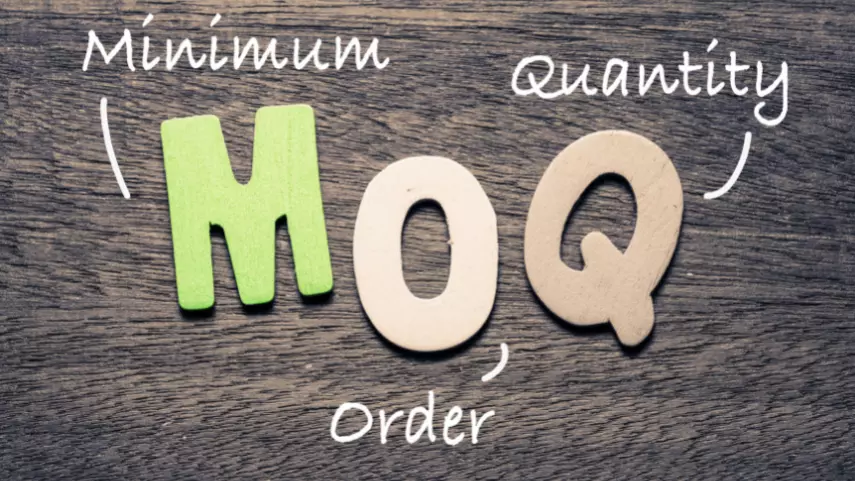Negotiation of MOQ [Minimum Order Quantity] and costs with Chinese manufacturers are important for importers because they directly impact their profitability and business viability.
- MOQs: MOQs are the minimum number of units that a supplier is willing to produce or sell to the importer. If the importer cannot meet the MOQs, they might have to pay a higher price per unit, which could reduce their profit margins. Negotiating lower MOQs can help importers reduce their inventory costs and improve their cash flow.
- Costs: Negotiating costs is crucial because it directly impacts the importer’s profit margins. Lowering costs can help importers remain competitive in the market and offer their products at a lower price. Higher costs can also lead to the importer passing on the added expenses to the end consumer, which could reduce demand for their products.
In short, negotiation of MOQ and cost matter for importers because they can impact their profitability, cash flow, competitiveness, and ultimately, their business viability.
Tips for effective negotiation of MOQs and costs with Chinese supplier
When negotiating Minimum Order Quantities (MOQs) and costs with Chinese suppliers, it’s important to do your research and be prepared. Here are eight tips to help you negotiate effectively:
- Research the market
Before you start negotiating with the suppliers, research the market to understand the current prices for your product. This will give you an idea of what to expect and help you determine whether the supplier’s prices are fair.
- Understand the Currency Exchange Rates
Understanding the currency exchange rates can help you to negotiate better costs with your Chinese supplier. You should keep an eye on the exchange rates and negotiate when the rates are in your favor.
- Build a relationship
Building a good relationship with your supplier is vital to negotiate effectively. Take time to get to know them and their business, and show them that you’re interested in working with them long-term.
- Be clear about your needs
While negotiating MOQs and costs with the supplier be clear about your needs and expectations. This will help the supplier understand what you’re looking for and make it easier for them to provide you with an accurate quote.
- Negotiate MOQs and costs separately
When negotiating with a Chinese supplier, it’s often best to negotiate MOQs and costs separately. This way, you can focus on getting the best possible price and the lowest possible MOQ. For example: You might negotiate a lower MOQ of 2000 spatulas, but pay a higher price per unit. Or you might negotiate a lower price per unit, but agree to a higher MOQ of 5000 spatulas.
- Be prepared to compromise:
Negotiation is a two-way street, and you’ll need to be prepared to compromise to reach a mutually beneficial agreement. If possible you can compromise on the delivery time or the quality of the product to get a lower price or a lower MOQ.
- Don’t be afraid to walk away
Never hesitate to walk away, if your needs are not fulfilled. There are plenty of other suppliers out there who may be more willing to work with you. If the supplier insists on a high MOQ that you can’t meet, or a price that’s significantly higher than your budget, you might decide to look for another supplier.
- Get everything in writing
Once you’ve reached an agreement with your supplier, make sure you get everything in writing. It avoids confusion and ensures clarity between the buyer and the supplier. Ask the supplier to provide a written contract that outlines the agreed-upon MOQ, price, delivery time, and any other important details.
Negotiations matter but asking suppliers to lose their marginal profit is impossible. The Chinese suppliers also have to earn a decent profit. For long-term sourcing solutions work with reliable suppliers and be flexible about the cost.





